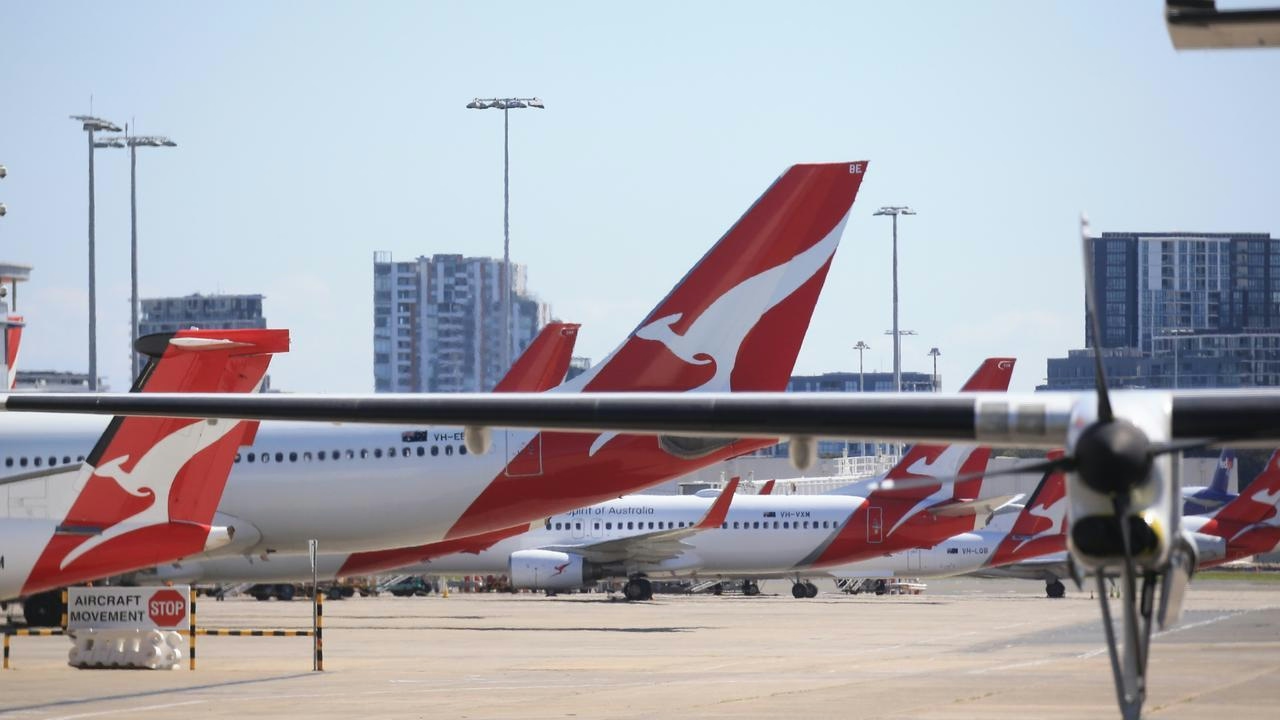AeroGenie — Your Intelligent Copilot.
Trending
Categories
Qantas Announces Major Change to Aircraft for the First Time

Qantas Announces Major Shift in Aircraft Fleet
Qantas has revealed a landmark change to its aircraft fleet, representing the first major transformation of this nature in the airline’s history. This strategic move is designed to modernize operations and enhance efficiency amid a period of renewed optimism within the aviation sector, as underscored by the latest Aircraft Broker Survey.
Operational Challenges and Industry Response
The transition to new aircraft models presents significant challenges. Industry experts emphasize the necessity for comprehensive retraining programs for pilots and crew to maintain safety standards and ensure compliance with updated operational protocols. Furthermore, Qantas may encounter delays in the certification process, as regulatory authorities undertake rigorous evaluations before granting approval. In the short term, maintenance expenses are expected to increase as technical staff familiarize themselves with new systems and technologies.
Market reactions to the announcement have been mixed. Qantas’ stock price experienced a temporary decline, reflecting investor concerns over the financial risks and uncertainties associated with the fleet overhaul. Nonetheless, analysts remain cautiously optimistic that long-term prospects could improve if the new aircraft fulfill expectations related to fuel efficiency, reduced emissions, and enhanced passenger comfort.
Competitive and Market Implications
Qantas’ competitors, including Virgin Australia and Singapore Airlines, are closely monitoring the airline’s progress with the new fleet. Industry insiders suggest that these carriers may expedite their own modernization efforts in response, potentially triggering a wave of innovation and investment throughout the region’s aviation market.
The broader market environment appears conducive to such ambitious initiatives. The recent increase in market confidence, as indicated by the Aircraft Broker Survey, suggests that airlines investing in next-generation technology may be well-positioned for future growth. Ultimately, the success of Qantas’ fleet transition will hinge on its ability to manage operational complexities while delivering measurable benefits to shareholders and passengers alike.
As Qantas embarks on this historic transformation, the global aviation industry will be observing closely to determine whether the airline can successfully navigate the challenges of change and establish a new benchmark for modern air travel.

Capital A Completes Sale of Aviation Business to AirAsia X

Four Gateway Towns to Lake Clark National Park

PRM Assist Secures €500,000 in Funding

Should Travelers Pay More for Human Support When Plans Go Wrong?

InterGlobe Aviation Shares Rise 4.3% Following January Portfolio Rebalancing

Key Market Segments Shaping Airline Route Profitability Software

Locatory.com Gains Traction Among Aviation MROs and Suppliers

JetBlue Flight Makes Emergency Landing Following Engine Failure

58 Pilots Graduate from Ethiopian University

The Engine Behind Boeing’s Latest Widebody Aircraft
